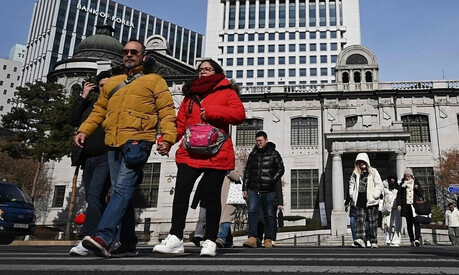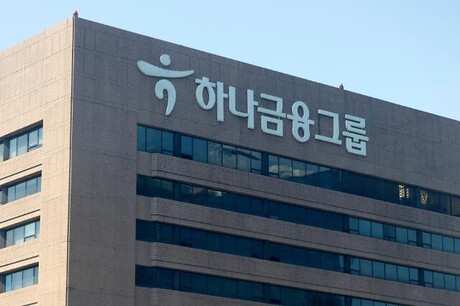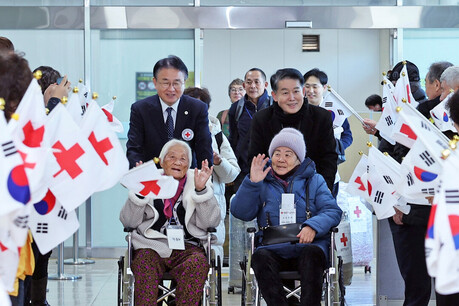
(C) Grok Image
A tragic drunk driving incident in the heart of Seoul has drawn sharp criticism from Japanese media, highlighting a disturbing disparity in road safety and legal deterrents between the two nations. The accident, which claimed the life of a Japanese tourist, has brought South Korea's persistent issue with impaired driving under a harsh international spotlight.
The incident occurred late on Sunday night, near the Heunginjimun intersection in the popular Dongdaemun area of Seoul. A Japanese mother, in her 50s, was fatally struck, and her daughter, in her 30s, sustained serious leg injuries after a 30-year-old male driver, identified as Mr. A, veered his electric car onto the crosswalk.
Police investigations revealed the driver's blood alcohol concentration (BAC) was above the license revocation threshold (0.08%). The suspect admitted to consuming approximately three bottles of soju at a local restaurant prior to getting behind the wheel. The Seoul Hyehwa Police Precinct has since requested an arrest warrant for the driver on charges including causing death or injury through dangerous driving under the Act on the Aggravated Punishment of Specific Crimes.
The mother and daughter were on a short, three-day trip from Osaka, a journey reportedly planned by the daughter as a "filial piety tour" for her mother. The profoundly sad context of a family vacation ending in tragedy has amplified the public outcry in both Korea and Japan.
Japanese media outlets, particularly TV Asahi, have extensively covered the incident, drawing attention to alarming statistics concerning drunk driving in South Korea. They pointed out that while South Korea's population is roughly half that of Japan, its rate of drunk driving accidents is an estimated six times higher.
The reports highlighted that over the past five years, South Korea has recorded over 70,000 drunk driving accidents, resulting in approximately 1,000 fatalities. This stark comparison underscores a perception in Japan that drunk driving is a far more pervasive and less effectively managed social issue in South Korea.
A significant part of the Japanese criticism focused on the perceived leniency of South Korea's traffic laws and the public's insufficient sense of caution. The broadcast acknowledged efforts by Korean police to raise awareness through the release of crackdown videos. However, it also included interviews with Seoul citizens who lamented that the "weakness of the law" contributes to the cycle of repeated accidents.
While Japan's national police agency reported 140 fatalities from drunk driving in 2024—a 25% year-on-year increase—this figure remains drastically lower than the comparable number in South Korea. The difference in these statistics strongly suggests that the deterrent effect of penalties and the societal intolerance for drunk driving have not reached comparable levels in South Korea.
This devastating event in a major tourist hub serves as a grim reminder for both countries of the urgent need to address the severity of drunk driving and strengthen legal frameworks to protect citizens and visitors alike.
[Copyright (c) Global Economic Times. All Rights Reserved.]





























